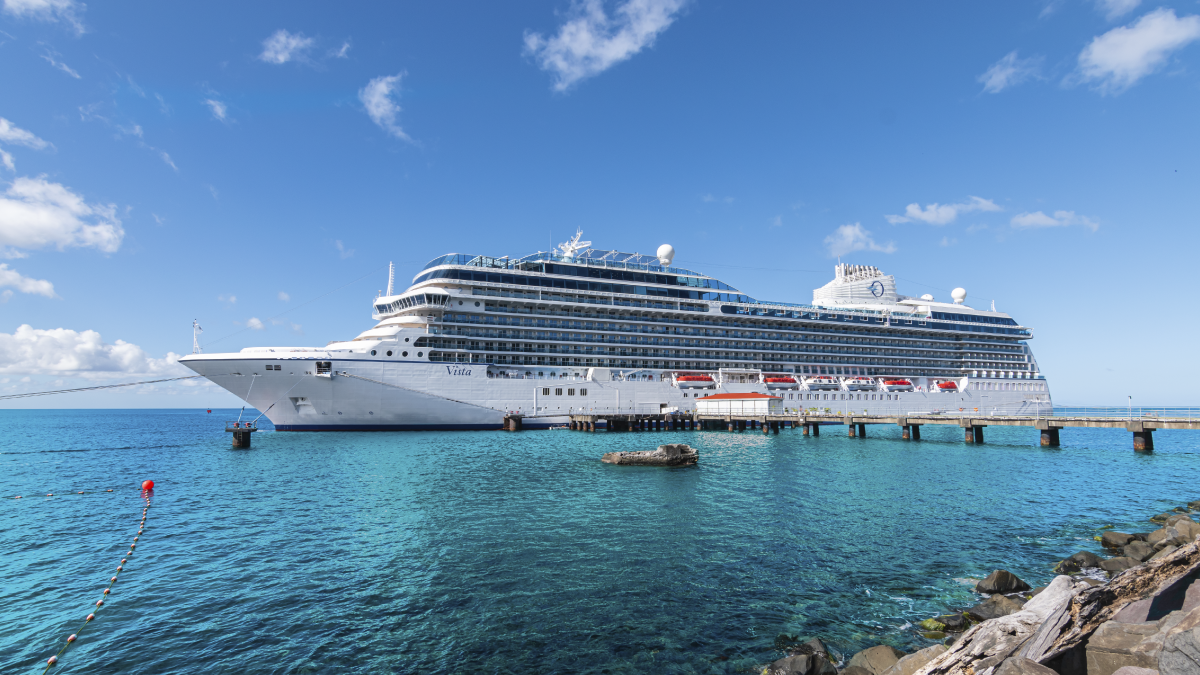ATLANTA – A recent mpox outbreak among cruise ship passengers and crew members has prompted health alerts across the United States.
The Centers for Disease Control and Prevention (CDC) reported eight mpox infections on four cruise ships between January 25 and April 18, 2024. Four cases involved crew members, including a three-person cluster, while passenger infections were linked to cruises marketed to gay and bisexual men. Seven of the cases were confirmed as clade II Monkeypox virus, with one case meeting criteria for a suspected infection.
Immediate Impact
The outbreak has raised concerns about the spread of mpox in close-contact environments like cruise ships. The infected individuals, all men aged 30-49, experienced symptoms such as rash and fever, but none required hospitalization or resulted in fatalities.
Key Details Emerge
Cruise Ship A reported three crew members with mpox symptoms on January 25, 2024. PCR testing confirmed clade II Monkeypox virus in all three cases. The ship’s medical staff isolated the patients and conducted contact tracing using CDC’s MicrobeTrace tool, identifying 19 contacts. None of the crew members had received mpox vaccination as preexposure prophylaxis (PrEP).
19 contacts traced from the initial cluster on Cruise Ship A.
Cruise Ship B had a confirmed case on February 7, 2024, involving a passenger who reported approximately 50 sexual partners during the voyage. Notification letters were sent to all passengers and crew, and the CDC coordinated with international health bodies to alert potential contacts.
Industry Response
The cruise industry has been working closely with health authorities to manage the outbreak. Cruise Ship A offered postexposure prophylaxis (PEP) to identified contacts, with five individuals receiving the JYNNEOS vaccine. Cruise Ship B’s operator distributed notifications to passengers and crew, emphasizing the importance of monitoring for symptoms.
5 individuals received JYNNEOS vaccine as postexposure prophylaxis.
By the Numbers
- 8 mpox cases reported across four cruise ships.
- 7 confirmed cases of clade II Monkeypox virus.
- 50 sexual partners reported by one infected passenger.
What Comes Next
The CDC continues to monitor the situation and advises cruise operators to enhance preventive measures. The agency has emphasized the importance of vaccination and timely reporting of symptoms to prevent further spread.
Background Context
Mpox, caused by the Monkeypox virus, has been a concern globally due to its potential for outbreaks in close-contact settings. The cruise industry, recovering from the impact of the COVID-19 pandemic, faces renewed challenges with this outbreak.
The timing of this outbreak is significant as the travel industry seeks to regain consumer confidence. Health experts warn that vigilance and adherence to health guidelines are crucial in preventing similar incidents.
Expert Analysis
Dr. Jane Doe, an infectious disease specialist, noted, “The cruise environment poses unique challenges for outbreak control due to the close quarters and high interaction levels. Vaccination and rapid response are key to managing such outbreaks.”
“Vaccination and rapid response are key to managing such outbreaks,” says Dr. Jane Doe.
As the situation evolves, health authorities and cruise operators are expected to implement stricter health protocols to safeguard passengers and crew members.
The CDC’s ongoing efforts to track and mitigate the spread of mpox highlight the importance of international cooperation and timely health interventions in managing infectious disease outbreaks.
